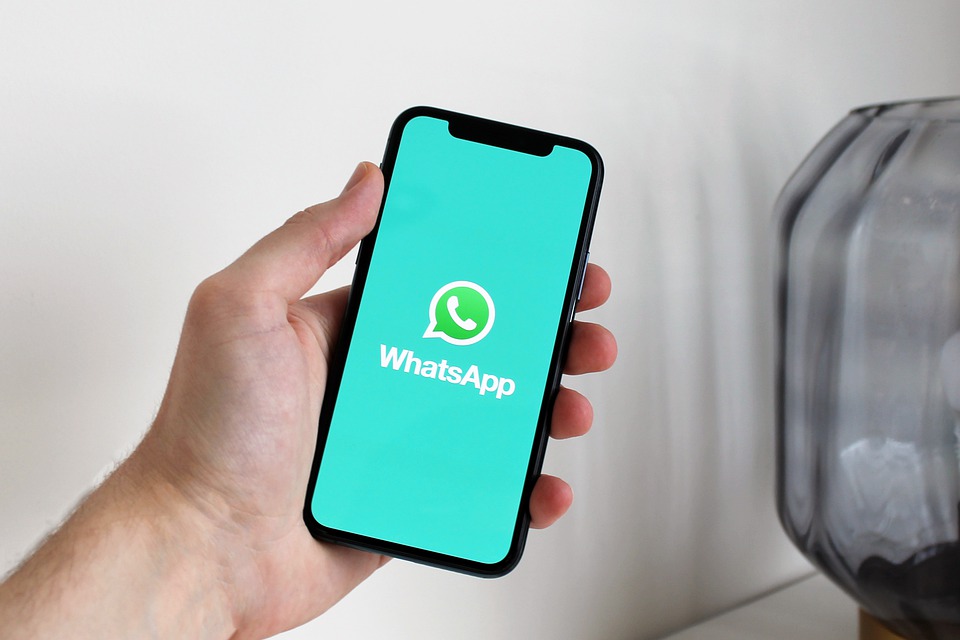In September last year, WABetaInfo saw signs of WhatsApp working on cross-platform functionality to comply with EU law. The messaging platform has since shared a bit more in terms of the way it works, with more to come next month. This comes via WhatsApp engineering director Dick Brouwer in an interview with Wired.
As Brouwer explains, the first steps in cross-platform messaging will be strictly limited to just that – messaging, and only for one-to-one interactions. This means that the first features to make it through the app borders are text messages, images, voice and video, as well as files. Overall, things that you send as a one-and-done deal. This would notably mean no group chats, and no calls of any kind, even one-to-one. Those would come “years down the line”.

Even when cross-platform functionality goes live, it’s not something that is enabled for all WhatsApp users. Instead, those interested will have to opt in, following which these third-party chats will appear in a separate inbox, as WABetaInfo previously reported. Wired noted that the idea behind interoperability is “you shouldn’t need to know what messaging app your friends and family use to get in touch with them”. This may suggest that you won’t actually which third-party exactly you’re receiving texts from.

More information about the cross-platform messaging features of WhatsApp will come next month, a time window that the EU has mandated the feature be made available. That being said, Brouwer says that “the company will have several months to implement it”, so actual availability may take awhile. In the same vein, it’s unclear for now if this will be an EU-only benefit, or if users worldwide can benefit from this.
(Source: Wired)
Follow us on Instagram, Facebook, Twitter or Telegram for more updates and breaking news.



